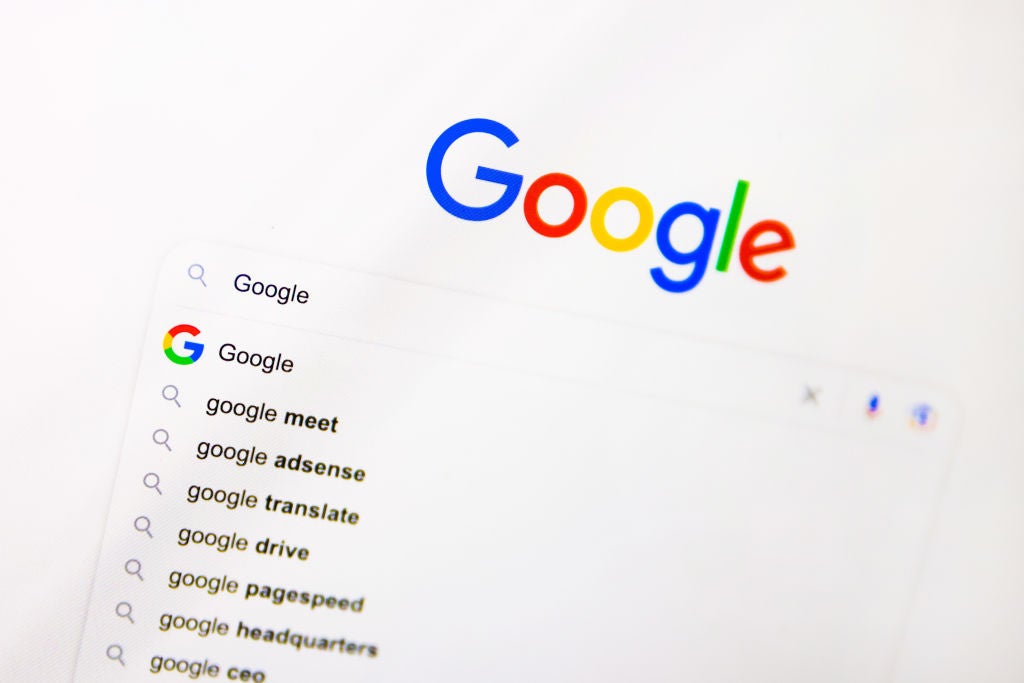
Today, some of the most popular online search engines including Google and Bing, promised to make it harder for users to access illegal streaming websites.
The first ever voluntary code of practice, ensuring offending platforms are demoted in search results, will come into force by 1 June 2017.
Google and Bing are already signed up to the new code.
The Intellectual Property Office (IPO) helped broker the agreement to tackle the prevalence of illegal websites, with assistance from the Department for Culture, Media and Sport.
Currently, it is fairly easy to stream pirated films online, download music without paying for it, enjoy TV shows anywhere in the world without an official license, and watch football matches from disreputable providers on the web.
“Search engines play a vital role in helping consumers discover content online. Their relationship with our world leading creative industries needs to be collaborative,” said Jo Johnson, minister of state for universities, science, research and innovation in a statement issued today.
How well do you really know your competitors?
Access the most comprehensive Company Profiles on the market, powered by GlobalData. Save hours of research. Gain competitive edge.
 Company Profile – free sample
Company Profile – free sampleThank you!
Your download email will arrive shortly
Not ready to buy yet? Download a free sample
We are confident about the unique quality of our Company Profiles. However, we want you to make the most beneficial decision for your business, so we offer a free sample that you can download by submitting the below form
By GlobalData
“Consumers are increasingly heading online for music, films, e-books, and a wide variety of other content. It is essential that they are presented with links to legitimate websites and services, not provided with links to pirate sites.”
Ofcom, the communications watchdog will continue to explore possible techniques and develop new metrics to ensure illegal content is less visible online.
“Sometimes people will search for something and they will end up unwittingly being taken to a pirated piece of content,” said Eddy Leviten, director general at the Alliance for Intellectual Property.
“What we want to ensure is that the results at the top of the search engines are the genuine ones.”
However, the new code has limits in terms of its reach.
“Demoting search results for unlawful streaming sites probably won’t have much impact on sophisticated and committed users, who may be part of online communities dedicated to making infringing streams available,” Stefano Debolini, an associate specialising in intellectual property at Sheridans, a London-based media law firm told Verdict.
Nicola Searle, an economist who specialises in the economics of intellectual property at Goldsmiths, University of London, also has some concerns about the effectiveness of the agreement given the current pace of technological change.
“While the Code of Practice addresses the current state of copyright infringement, things in the digital era move very quickly; it is highly likely that the websites benefitting from copyright infringement will simply evolve their model to one that isn’t affect by changes following this code,” she told Verdict.
Earlier this month, the International Intellectual Property Alliance (IIPA), a private sector coalition of seven trade associations representing US companies that produce copyright-protected material, submitted its annual report to the US government.
IIPA called on US authorities to do more to tackle copyright infringement online including piracy and illegal streaming.
“Our trading partners have taken on numerous commitments over the years to provide modern levels of protection for copyright; more effective policies and tools to enforce that protection; and freer, more open markets around the world. Reducing the gaps and shortfalls in fulfilment of these commitments will advance the overall national economic interest of the United States,” said Steven Metalitz, IIPA counsel.






